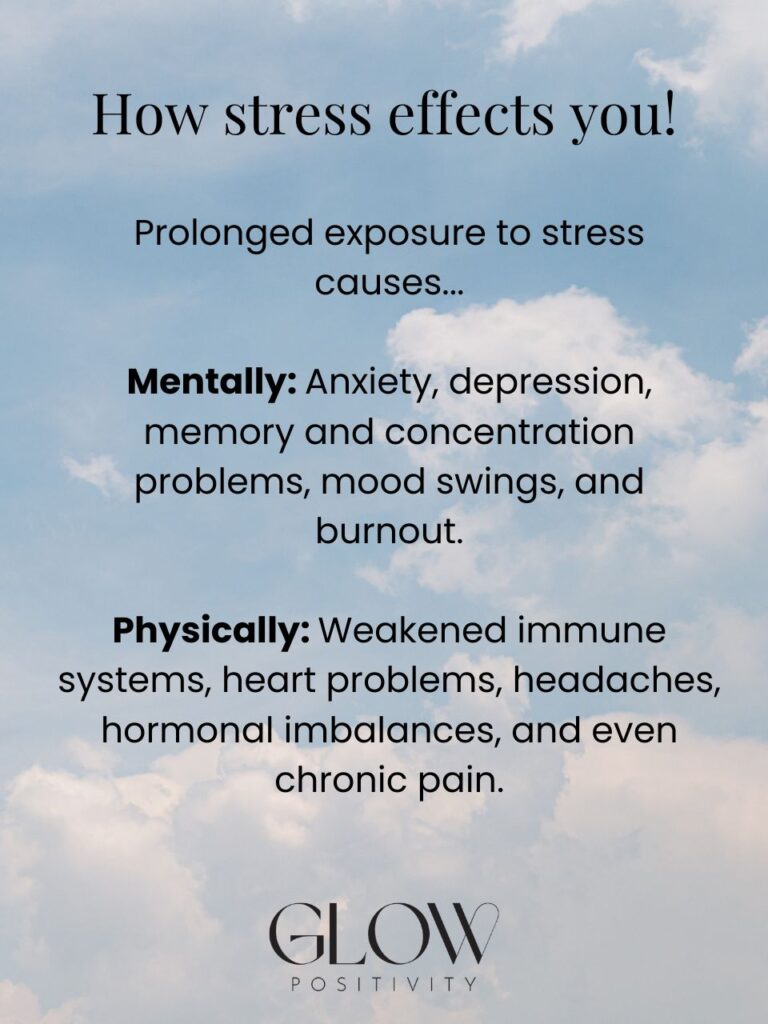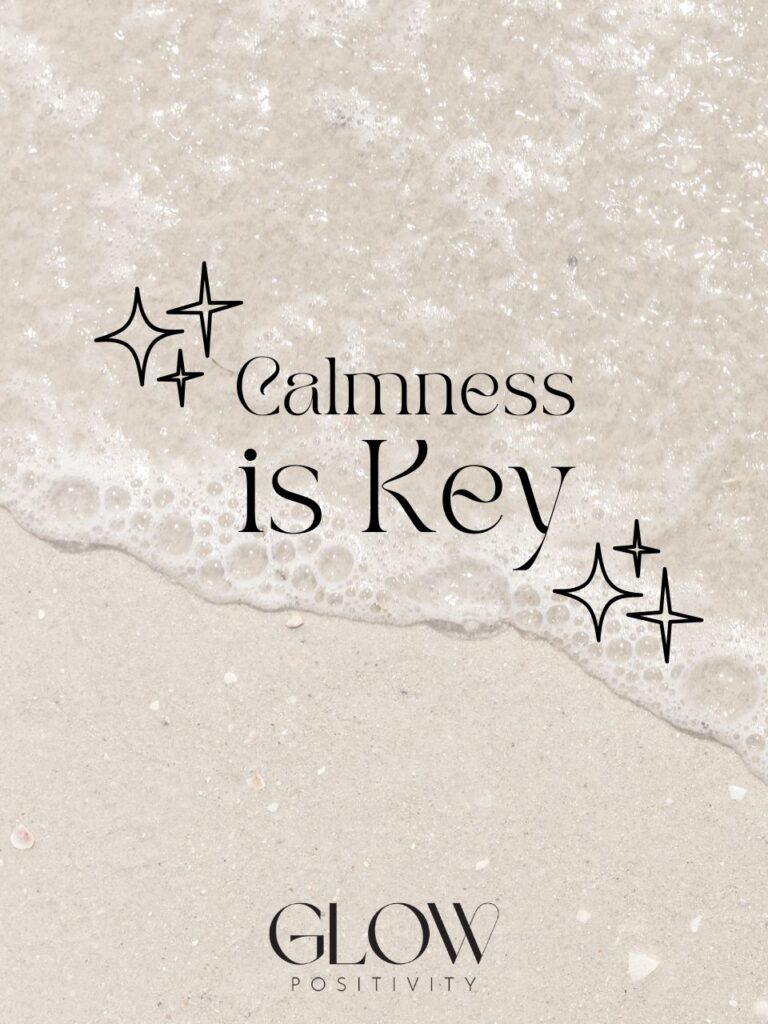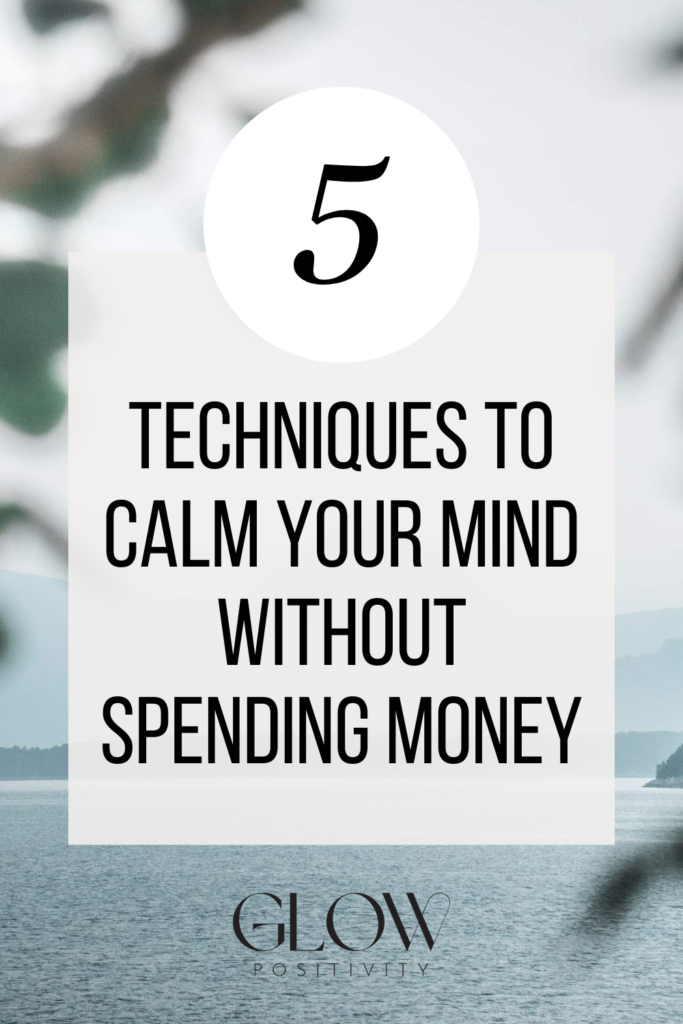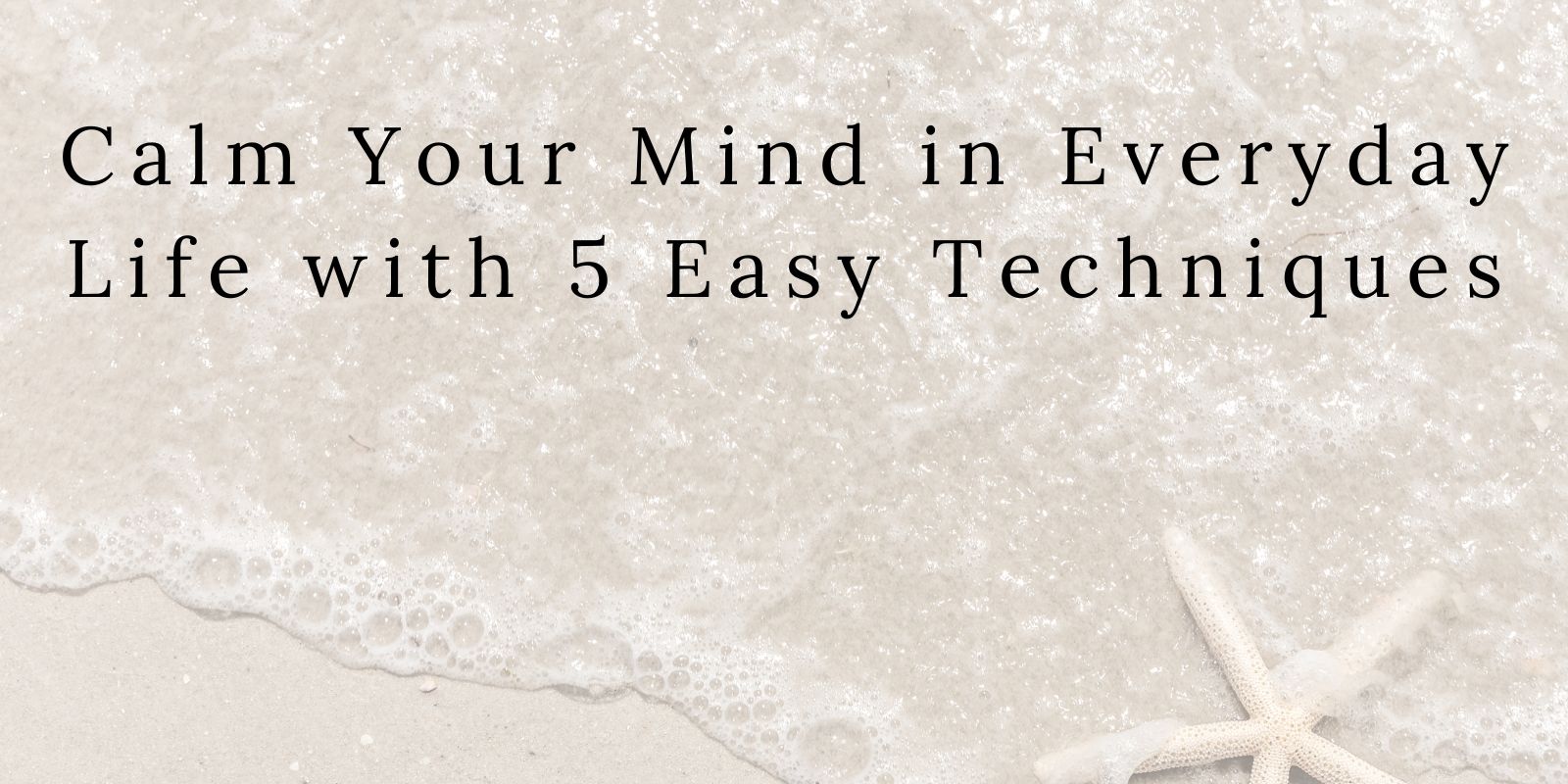As humans, we experience a wide range of emotions and mental states every day, from stress to calmness. While it’s normal to feel these emotions, the stress of everyday life can build up and take a toll on our mental and physical well-being. Prolonged exposure to stress can have several negative effects: Mental effects of stress include Anxiety, depression, memory and concentration problems, mood swings, and burnout. Physical effects of stress are Weakened immune systems, heart problems, headaches, hormonal imbalances, and even chronic pain.
It’s eye-opening to think that many of these significant health issues can stem from stress alone. Stress can manifest itself in people differently and cause us to partake in unhealthy habits without fully being aware of why we are doing it. Stress can show up as overeating, binge eating or drinking, smoking or vaping, and even scrolling social media for hours at a time. Sometimes, these habits are easy to overlook as related to stress.
It can be really obvious what stresses you out—things like work or family commitments may be taking their toll—but sometimes they aren’t as obvious. This is why it’s important to take time for yourself and do your journaling. Once you figure out the core issue of your stress, you can take a proactive approach to manage it more effectively.

Why Calmness Is So Important
Maintaining calmness is essential not only for avoiding the negative effects listed above but also for clearer thinking and making better, more rational decisions. Calmness helps you develop stronger, more meaningful relationships and reduces cortisol levels, which directly impacts your physical health.
In today’s world, “calmness” and “self-care” are often marketed to us in ways that encourage us to spend money—think candles, facemasks, and spa days. While these can help relieve stress in the short term, they don’t resolve the underlying issues. True calmness comes from within and doesn’t require spending money.
Long-term goal success and calmness work together. If you have a personal project or work target you’re trying to achieve, you’ll be able to take on challenges with better focus and prioritize urgent tasks over time-consuming ones with little results. Not only this, but being in tune with your calm mindset can help you avoid over commitment and burnout.

The Science Behind Calmness
Endorphins and Cortisol:
Let’s get technical. When we experience stress, our body enters a “fight or flight” mode, which is a natural response to perceived threats. This comes from our caveman days when we could have been eaten by a bear. However, even though our chances of being eaten alive are much slimmer now, we still have the same brain structure. During this state, the body releases stress hormones like cortisol and adrenaline to prepare us to deal with the situation. While this response is useful in short bursts (such as in an emergency), prolonged stress can have serious effects on our health.
Cortisol, often referred to as the “stress hormone,” plays a critical role in regulating various functions in the body, including metabolism, immune function, and blood pressure. However, when cortisol levels remain elevated over long periods due to chronic stress, it can negatively impact us. High cortisol levels can weaken the immune system, make us more susceptible to illness, increase inflammation, disrupt sleep, and impair cognitive function.
On the other hand, practicing calming techniques, such as deep breathing, meditation, or physical exercise, helps lower cortisol levels. When cortisol is reduced, the body is better able to repair itself and return to a state of balance. In addition to lowering cortisol, calming practices trigger the release of endorphins, the body’s natural “feel-good” chemicals. Endorphins are responsible for feelings of happiness and well-being. They help counteract the negative effects of stress, promoting relaxation, reducing pain, and enhancing mood
Brain Activity:
Calmness doesn’t just affect our physical health; it also impacts how our brain functions. One of the key areas of the brain affected by stress and calmness is the prefrontal cortex, which is responsible for high-level cognitive functions like decision-making, problem-solving, and emotional control.
When we’re stressed, the amygdala, which governs emotional responses, becomes more active. This heightened activity can lead to impulsive reactions, poor decision-making, and difficulty focusing. Stress essentially “hijacks” the brain, making it harder to think rationally and manage emotions.
However, practicing calming techniques enhances the activity in the prefrontal cortex and reduces the amygdala’s activity. This allows us to think more clearly, make better decisions, and manage our emotions more effectively. In a calmer state, we can process information more efficiently and respond to challenges with a rational mindset.
Moreover, consistent relaxation practices like mindfulness and meditation have been shown to change the brain’s structure over time. Studies indicate that individuals who practice mindfulness regularly show increased grey matter density in areas of the brain linked to learning, memory, and emotional regulation. This suggests that calmness not only helps in the moment but can also lead to long-term improvements in brain health and function.

Techniques to Calm Your Mind Without Spending Money
Deep Breathing::
Deep breathing is incredibly effective for calming your body and mind, especially when you’re feeling anxious or stressed. Focus on your breath, slowing down both your body and your thoughts. This two-step approach can help you refocus and regain a sense of calmness.
Mindfulness / Meditation:
Try listening to a guided meditation or simply sit for five minutes in a quiet space. Start with short sessions and gradually build up to longer ones as you get more comfortable. Meditation helps clear your mind and gain perspective. Adding relaxing music can enhance the experience.
Move Your Body:
Exercise is a powerful tool for calming the mind. Not only does it provide a physical outlet for stress, but it also releases endorphins that make you feel happier and more relaxed. Whether it’s a brisk walk or a full workout, moving your body helps distract your mind from worries and boosts your mood.
Mentally Declutter:
Writing things down can be an excellent way to release mental tension. Grab a pen and paper, and jot down whatever’s on your mind—whether it’s to-do lists, worries, or feelings. This process helps you externalize your thoughts, making them easier to manage. You can choose to burn the paper afterward, or keep it for reflection later.
Declutter Your Environment:
A cluttered environment can contribute to a cluttered mind. Take a moment to tidy up your space, whether it’s your home, office, or digital environment. A clean and organized space can help promote mental clarity and calmness. Start small by cleaning up your desktop or deleting unnecessary emails.
More Ways For Finding Calm
- Protect your energy: Pay attention to how different situations make you feel and take note of the times of day or external factors that affect your mental well-being.
- Handle stress outside of stressful situations: Practicing grounding techniques can help you manage stress before it even begins. Over time, you’ll become better at staying calm in challenging situations. If stress does arise, you’ll be able to return to your calm state more quickly.
- Avoid future stress scenarios: Worrying about future events can trigger the same stress response in your body as if the event were happening right now. Practice mindfulness techniques to overcome this tendency and stay present in the moment.
Common Problems with Committing to Finding Calmness
When deciding to take on mindfulness techniques, you may face internal challenges such as guilt for taking the time out to work on yourself, especially when you have a busy life and hardly any free time. However, if you can take even just 10 minutes out of your day to practice these techniques, not only are they a form of self-care (which is not selfish), but they will also make you perform better when doing your tasks and allow you to be more present with your loved ones.
Self-doubt can also be a barrier to your calmness routine. Remember, you are in charge of your own mind and can achieve anything you desire in this life.

